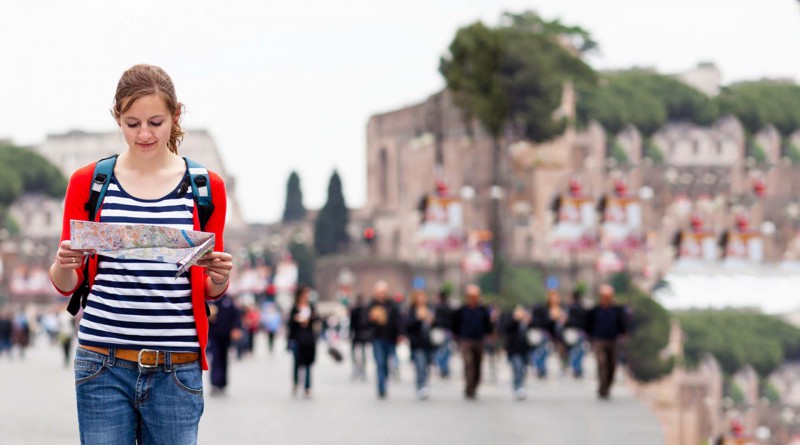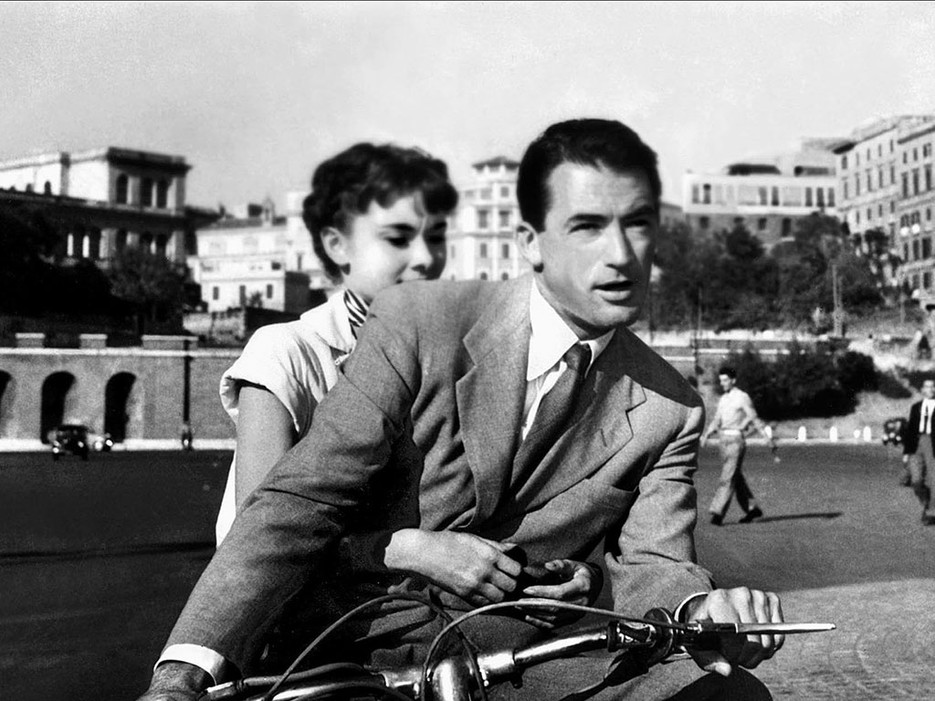Should you take a guide when you travel?
A lot of travelers are thinking why should they book a guided tour when they visit a new city thinking it will be enough to do some online research before they travel and explore the city on their own. Most of you travel this way, you stumble upon a free tourist map or buy a city guidebook and go around town by yourself finding the attractions that you find interesting and important to visit and that’s it. You visit the attractions, take a photo when you are there, maybe read 2-3 cold facts from the guidebook and you think: “Well, that’s it, it’s visited!”. When you return home, you will say: “yep, we visited this or that, take a look at the photo, it looks great, very nice building, statue or something else,” and move on with your story about your travel.
That’s not a story, that’s only a photo documentation of attractions in the city. People love stories, not buildings, statues and churches. Why do we watch movies, read books, etc; not for the beautiful view of a building in a movie or a very good description in a book, but the story that unfolds in the physical world around us, and those buildings only being a testament to the story that happened.
Let me give an example: The Eiffel Tower in Paris. Everyone knows how the tower looks, you’ve seen hundreds of images of it, and seeing it in real life will let you think, “Wow, how nice, let’s take a selfie.” Seeing other people photos with the Eiffel Tower in the background will give you even less. But how about this short story about the Eiffel Tower:
“When Eiffel, the owner of the company that designed and built the tower, proposed the construction, it raised so much criticism to it’s design, that a committee against the construction was formed which had 300 members (notably one for each meter of the building), many of which were popular french architects, artists and such. In one of their letters which was published in the most important daily newspaper of Paris at the time, they described it as a “hateful column of bolted sheet metal”, fighting against “the erection of this useless and monstrous Eiffel tower”. As the president and the minister of trade decided that it will be built regardless of the criticism, the committee against the construction dissolved, but a lot of them still remained against it’s “hidious design”. The famous writer Guy de Maupassant, which was against it even after it’s construction stated that he is eating lunch every day on the Eiffel tower, since it’s the only place where he is not able to see the tower in Paris.”
Now that is a short story worth remembering and worth telling your friends and family. It tells you something about the building, and now the Eiffel Tower has much more meaning, given the part of the context in which it was built.
To read this story from a guidebook, you would really need to go into details, firstly reading about the cold facts about it’s construction, the year it was build, how tall is it, who built it, who was he, etc… until you get to the interesting stories, and even when you get there, it will give you so much details that you will usually get bored and just move on, thinking: “I’m not standing here to read a book, I could be doing that even from home”.
So you go home, only remembering the Eiffel Tower by the photos you taken (and of course the long line you had to wait for the escalators).
I have another, even better example:
“In Ireland, before St. Patrick brought Christianity, the people believed in superstitions, they where pagans. St.Patrick knew that it would be hard to completely remove the current believes so he merged the two believes, and so the superstitions remain even to this day. This is best shown by this story: When Ireland build it’s highway from Dublin to Galway (from west to east part of the island, you can see a part of the highway that suddenly, for no apparent reason, turns 6 meters to the side. What happened is that on the original path of the highway stood a tree, but not just any tree, it was a fairy tree. This tree doesn’t look any different from any other tree, but people in the vicinity believed that it’s holy and the person who will cut it down will be cursed. So no-one wanted to cut it down. No-one! This issue came all the way to the Irish parliament, where they decided to move the highway! Apparently this led to a 10 month delay of the construction of the highway and the problem costed them millions of euros. This tree is still there.”
Where would you read such a story? A guidebook? And from the story you really start to see understand the Irish mentality, and how they came to be like that. Visiting Ireland and not knowing this story I think would be a shame, almost as visiting Paris and not seeing the Eiffel tower. And how do I know this one? I took a guided tour, of course.
Even considering all this, I think you are still not convinced! You will say: “Yes, but the guided tours are expensive, i’m not ready to pay as much”. When you say it, you forget to ask yourself:
- How much did you spend to get there, and how much did you spend to stay there. In that regard, guided tours are practically free.
- Do you know anyone who has taken a tour? Or maybe you did a long time ago, what was the experience? Did someone say: “you know, the price we paid was not worth it”? I don’t think so.
Most tourist boards around the world now enforce that every guide passes a test which teaches them about the important facts about the place you are visiting, but as well those little stories that stick in your mind. They learn how to be humorous to keep your attention, and all in all, most guides chose this profession because they like people, and they like talking about their country. How can they do it badly? Nowadays it’s very hard to be a bad guide with all the sites reviewing the tours, and the company owners reading those comments, they are surely not likely to keep the guide in their staff as they get them bad reviews.
This doesn’t mean that you need to spend all of your time on tours, but taking one or two will give you so many stories about the destination that it will let you think “Now I really feel the destination”.
So will you take a guide next time you travel? Write your experiences and your opinions in the comment section below!
N.P.




